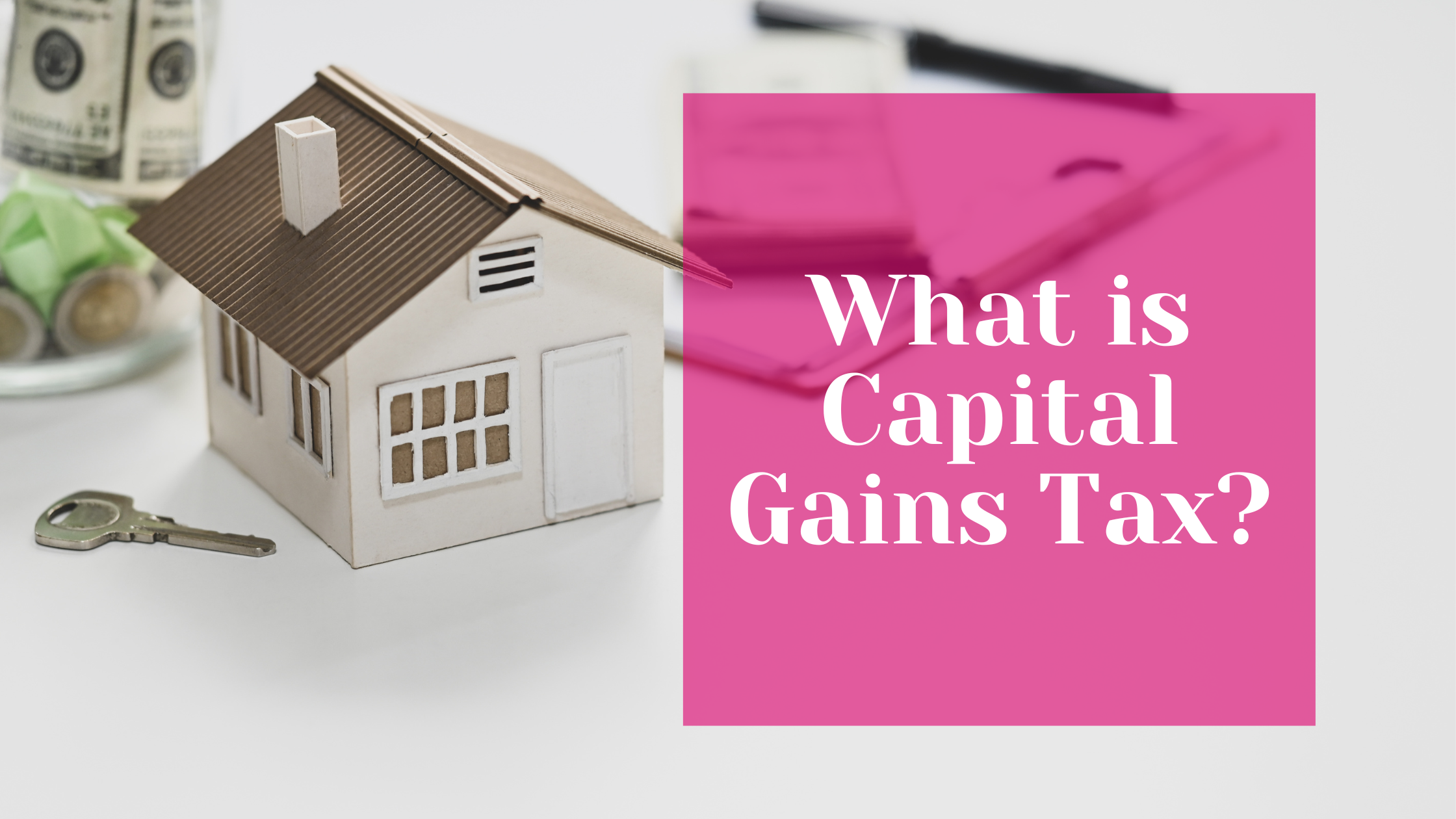Capital Gains Tax
Capital Gains Tax (CGT) is a term you might have come across if you’ve sold a house, shares, or other investments in the UK. But what exactly is it, and how does it affect your finances? In this blog, we’ll break down the basics in a way that’s easy to understand.
What is Capital Gains Tax?
CGT is a tax on the profit you make from selling an asset. An asset can be anything from property and stocks to bonds and valuable collectables. The key point here is the “profit” part. You only pay capital gains on the difference between the selling price and the price you originally paid for the asset.
How Does it Work?
- Identifying a Capital Gain: When you sell an asset for more than you paid for it, you’ve made a capital gain. For example, if you bought shares for £1,000 and later sold them for £1,500, your capital gain is £500.
- Calculating the Gain: The capital gain is calculated by subtracting the original purchase price (plus any associated costs like brokerage fees) from the selling price.
- Tax Rates: The tax rate depends on your total taxable income and the type of asset sold. For individuals, the rates are:
- 10% for basic rate taxpayers (for most assets).
- 20% for higher and additional rate taxpayers (for most assets).
- 18% for residential property (basic rate).
- 24% for residential property (higher and additional rate).
Why Do We Have Capital Gains Tax?
The primary reason is to generate revenue for the government. It also encourages long-term investment over short-term trading, as holding assets longer can sometimes lead to tax advantages.
How to Minimise Capital Gains Tax
- Use Your Annual Exempt Amount: Everyone has an annual tax-free allowance for capital gains. For the 2024/25 tax year, this is £3,000. If your gains are below this amount, you won’t pay CGT.
- Hold Assets Longer: By holding onto your investments for more than a year, you may find better opportunities to manage your tax efficiently, especially when combined with other tax reliefs.
- Use Tax-Advantaged Accounts: Investing through accounts like ISAs (Individual Savings Accounts) can help you avoid capital gains tax on investments held within them.
- Offset Gains with Losses: You can use capital losses (losses from selling investments for less than you paid) to offset your capital gains, reducing your taxable gain.
- Consider Your Timing: Timing your sales to match years when you have lower income or greater available allowances can help you pay less in capital gains tax.
Common Questions:
1. Do I have to pay capital gains tax on my home?
-
- If you sell your main home, you may be eligible for Private Residence Relief, which can exempt you from paying CGT on the sale, provided certain conditions are met.
2. Are there any exceptions?
-
- Yes, there are various exemptions and reliefs. For instance, assets such as UK government gilts and certain types of personal belongings (chattels) are usually exempt.
3. How do I report capital gains?
-
- For non-property gains, you’ll need to report your capital gains on your self-assessment tax return. If you do not usually file a self-assessment tax return, you can report your gains using the ‘real-time’ service provided by HMRC.
- For property gains, you’ll need to report the gains within 60 days of sale completion through an HMRC property return form. These will then also be included in your self-assessment tax return.
Conclusion
Understanding CGT is essential for anyone who invests in assets like shares, property, or other assets in the UK. By knowing how it works and how to manage it, you can make informed decisions that can save you money and help you achieve your financial goals. Remember, tax laws can be complex and change frequently, so it’s a good idea to consult with a tax professional for personalised advice.



